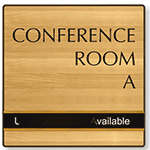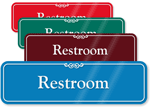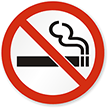A Colorado ban on smoking in casinos leads to fewer ambulance visits
Anti-smoking advocates have won uphill battles in banning smoking from restaurants, public spaces, and workplaces, but it’s been more difficult to clear the air in certain locations—such as casinos, which are generally exempt from indoor smoking bans. Yet a Colorado-focused study found that a ban on smoking in casinos has resulted in a drop in emergency calls.
NPR recently published the findings of University of California-San Francisco professor Stanton Glantz, who, for 20 years, studied the detrimental effects that secondhand smoke exacts on the heart and lungs. He and a colleague examined 13 years of ambulance call records from Colorado, with a special focus on Gilpin County, which plays host to over 24 casinos within just three square miles. Glantz and his team analyzed ambulance calls within the county before and after 2008, the year Colorado enacted its workplace smoking ban in casinos.
The results of the 2008 smoking ban? According to Glantz, the initial effect on emergency room calls was “surprisingly strong.” The original ban, which had been passed in 2006 to include restaurants, bars, most workplaces but not casinos, was tied to a 22.8 percent drop in emergency, “ambulance-summoning phone calls.” The number of those calls made from casinos remained as high as it had been the prior year. In 2008, after the air was cleared in casinos, the number of emergency calls made from casinos dropped by over 19 percent—and the numbers have stayed down.
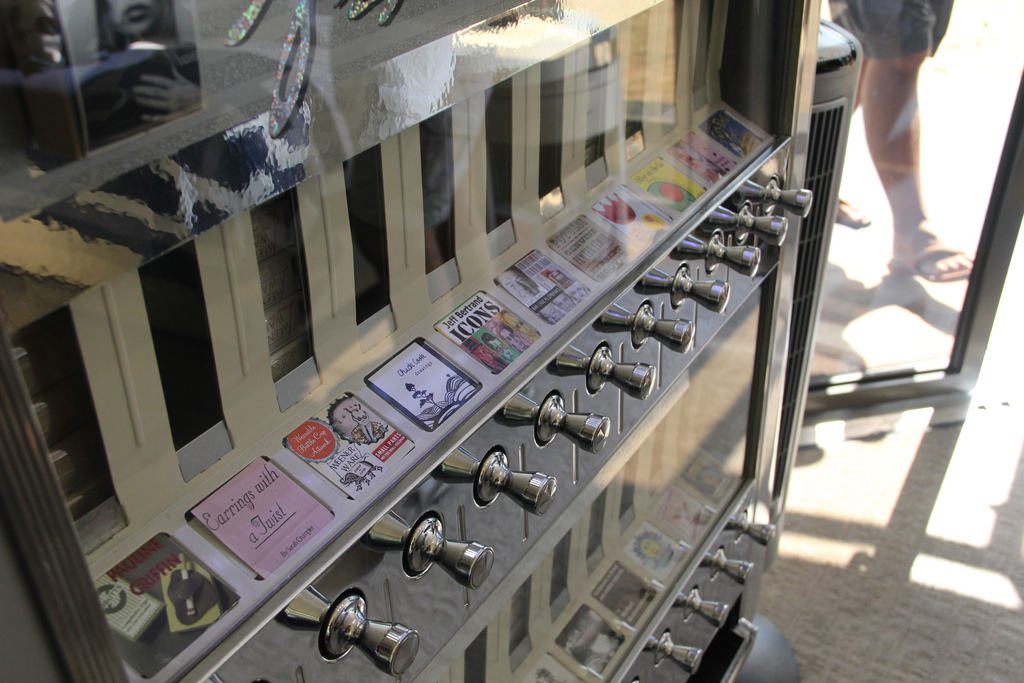
Colorado banned smoking in casinos in 2008. From The Cosmopolitan of Las Vegas.
As NPR explains, “Considered in isolation the findings confirm only a correlation, not a causal link.” It’s possible that there were reduced phone calls due to other factors—high gas prices or difficult economic situations may have led to people taking fewer trips to the casinos, for instance. The records Glantz studied didn’t specify the type of emergency, and so in addition to such smoking-related issues like heart attacks, asthma attacks, and strokes, among others, it is possible that ambulances were summoned in response to panic attacks, vertigo spells, and childbirths at the casino.
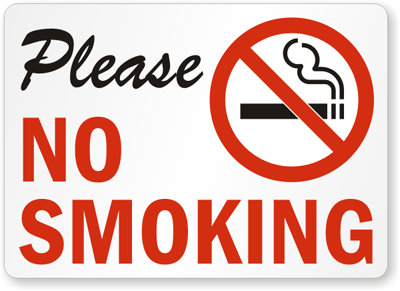
From MyDoorSign.
Why don’t all casinos enact the smoking ban? “It’s politics,” explains Glantz. “Tobacco and gaming interests really fight for these exemptions,” he told NPR. But economics may not be much of a defense. Despite the noted decreases in emergency calls, casinos may not be suffering financially. Released last week, a study encompassing nine states and nearly the same time period as Glantz’s study, posits that “smoke-free laws did not have an adverse economic impact on restaurants or bars in any of the states studied,” as NPR reports.
Other studies have revealed that inhaled smoking can rapidly “make platelets stickier and irritate the lining of blood vessels,” leading to a “ sudden formation of artery-clogging clots that can cause strokes or heart attacks.” Still other studies demonstrate that after banning smoking in bars and workplaces, heart attack deaths dropped—within just months.
Given what we understand about smoke’s impact on physiology, the call decreases charted after the smoking bans render it “very likely” that the ban led to the decrease in emergencies. “All the pieces fit together,” he says.
Category: Smoking Rules



